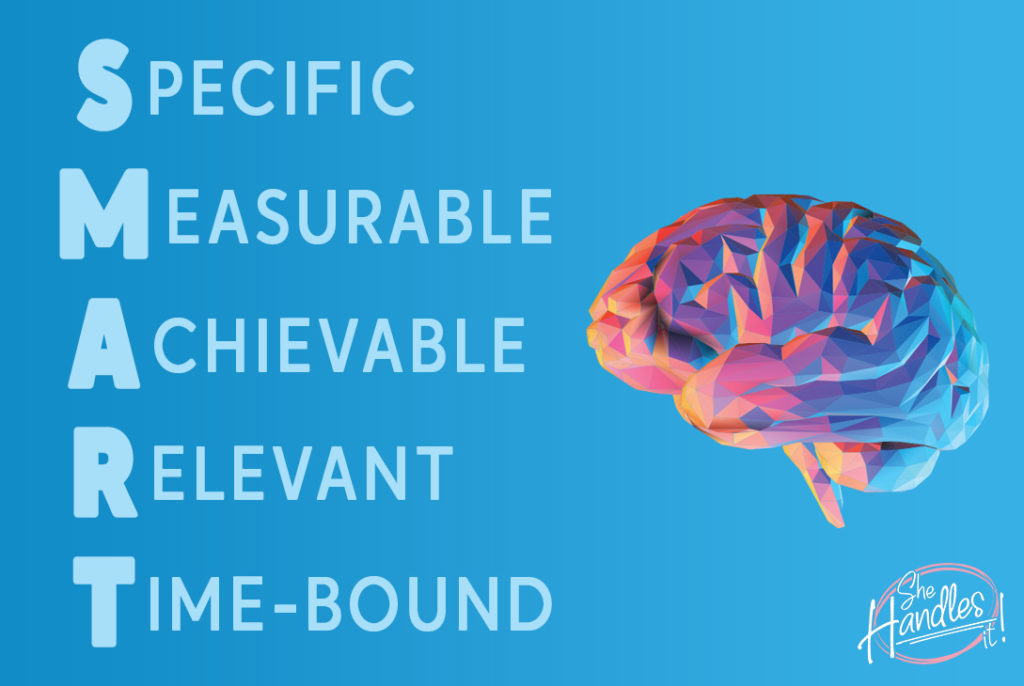Digital Marketing is hands down the most fundamental component to any businesses success. However, not everyone truly understands its nuance or how to develop a complete approach.
Digital marketing strategies are the goals, ideas, and execution you put into place to help increase your online presence and drive more “leads” to your business.
Ideally, your strategy should be unique to you — entirely based on your business goals.
Here’s a quick overview of what should be included in your digital marketing strategy:
- Target Audience: You need to know who you are trying to reach with your marketing efforts.
- Goals: What do you hope to achieve with your digital marketing strategy?
- Budget: How much are you willing to spend on your digital marketing efforts?
- Channels: What online platforms will you use to execute your strategy? (i.e., social media, email marketing, etc.)
- Metrics: How will you measure the success of your strategy?
A digital marketing strategy is made up of a number of different elements, all working together to help you achieve your desired outcome. Let’s take a closer look at each one.
Who is Your Target Audience?
Before creating content or executing your digital marketing strategy, you need to know who you’re trying to reach. Your target audience is the group of people you’re attempting to engage with your business.
To identify your target audience, consider the following:
- Who is your ideal customer?
- What do they like?
- What do they need/want?
- Where do they spend their time online?
Once you understand your target audience, you can start creating content that resonates with them.
What Are Your Marketing Goals?
The next step is to determine what you hope to achieve with your digital marketing strategy. Do you want to increase brand awareness? Drive more traffic to your website? Generate more leads?
Your marketing goals should be SMART:

For example, a goal like “increasing website traffic by 20% in the next three months” is specific, measurable, achievable, relevant, and time-bound – it fits the SMART criteria.
What is Your Marketing Budget?
Another pivotal component of any digital marketing strategy is your budget. How much are you willing to spend on your marketing efforts?
Your budget will determine the scope of your digital marketing strategy. If you have a limited budget, you may need to focus on one or two channels rather than trying to tackle everything at once.
You also need to be realistic with your marketing budgets. You’ll only damage your ROI by spreading yourself too thin without allocating the appropriate funds.
What Channels Will You Use?
Now that you know your target audience and what you hope to achieve, it’s time to start thinking about which channels you will use to reach them.
Channels are online platforms that you can use for your digital marketing efforts. These include but are not limited to:
- Social media (Facebook, Twitter, Instagram, LinkedIn)
- Email marketing
- Content marketing (blogging, infographics, ebooks)
- Pay-per-click (PPC) advertising
Before you can choose the right channels for your marketing efforts, you need to take some time to determine your target audience, what your goals are, and how much money you have to spend. Only then can you start to narrow down the options and focus your efforts on the channels that will be most effective.
For example, if you are trying to reach millennial women with your message, you will want to focus your efforts on social media channels like Instagram and Facebook. This is where that specific audience spends the majority of their time online.
Alternatively, if you are working with a limited budget, you may want to consider using more cost-effective channels like email marketing or blogging. It’s critical to take the time to plan ahead so that you can make the most of your marketing efforts.
What Metrics will you use?
The last piece of the puzzle is deciphering how you will measure the success of your digital marketing strategy. This is where conversion tracking, analytics, and insights come into play.
Metrics are important because it allows you to track your progress and see which parts of your strategy are working and which need to be tweaked.
Some metrics you may want to track include:
- Website Traffic
- Social media engagement
- Lead generation
- Sales
- Email open rates
- Click-through rates (CTRs)
It’s necessary to choose metrics that align with your goals. For instance, tracking website traffic would be a good metric if your objective is to increase brand awareness. If you’re looking to boost sales, then tracking conversion rates would be a more relevant metric.
By tracking the right metrics, you can get a better understanding of what’s working and what’s not, and make adjustments accordingly.
There are a lot of different metrics that you can track, but it’s imperative that you choose ones that will give you the most insight into your digital marketing strategy. You want to select the metrics that align with your aspirations and stay focused on what you’re looking for your intended audience to do when they interact with your content and marketing efforts.
These are the basics of a digital marketing strategy and what goes into creating a successful one — it’s now time to start planning your own. Keep these tips in mind as you create your strategy, and always remember to keep your audience, goals, and budget in mind.
With a well-thought-out digital marketing strategy, you’ll be on your way to achieving your business goals in no time — I think you can handle it!
Last modified: August 3, 2022











Great work! That is the kind of info that are meant to be shared around the web. Shame on the search engines for no longer positioning this put up upper! Come on over and seek advice from my site . Thank you =)
Thank you for sharing with us, I think this website really stands out : D.
Hello very nice web site!! Man .. Beautiful .. Superb .. I will bookmark your site and take the feeds additionallyKI am happy to find so many helpful info here in the post, we want develop more strategies on this regard, thank you for sharing. . . . . .
Very efficiently written article. It will be beneficial to anybody who employess it, as well as myself. Keep up the good work – looking forward to more posts.
Appreciate it for all your efforts that you have put in this. very interesting information.
I discovered your blog site on google and check a couple of of your early posts. Continue to keep up the very good operate. I just further up your RSS feed to my MSN Information Reader. Looking for ahead to studying extra from you afterward!…
Hey! This is my first visit to your blog! We are a team of volunteers and starting a new project in a community in the same niche. Your blog provided us valuable information to work on. You have done a outstanding job!
I was more than happy to search out this internet-site.I wanted to thanks to your time for this glorious read!! I undoubtedly enjoying every little little bit of it and I’ve you bookmarked to take a look at new stuff you blog post.
I conceive this website has got some real superb information for everyone. “A sense of share is not a bad moral compass.” by Colin.
Thanks for helping out, superb info .
I¦ll immediately take hold of your rss as I can not find your e-mail subscription link or newsletter service. Do you’ve any? Kindly allow me know so that I may subscribe. Thanks.
Thank you. I currently do not have a subscription set up but will in the future.
I am no longer positive the place you’re getting your info, however good topic. I needs to spend some time learning much more or understanding more. Thanks for fantastic information I used to be in search of this information for my mission.